By Marc Morial
“Recognition of the price paid in human life and liberty for economic advancement —and the costs of resources extracted as nature’s systems were exploited — must inform and guide us as we work to transform our cities and regions. We must forge a new path illuminated by justice, respect for the dignity of each and every human being, and determination to maintain and restore the web of life as the foundation for health and sustainability.”
— Carl Anthony
The history of African Americans in the North does not begin with the Great Migrations of the early 20th century, when millions of Black Southerners fled the white supremacist terrorism of Jim Crow.
The institution of slavery was as critical to the development of the manufacturing economy of the North as it was to the agricultural development of the South. The oldest and largest known excavated burial ground in North America for both free and enslaved Africans was unearthed in lower Manhattan less than a mile from the National Urban League’s current headquarters. Enslaved laborers even built the wall from which Wall Street gets its name.
“It would be misleading to present the history of the northern cities outside the context of the Atlantic Slave Trade and the institutionalized enslavement of African people and their descendants,” said Jennifer Scott, the newly appointed executive director chief and curator for the Urban Civil Rights Museum, New York City’s first museum dedicated to the American civil rights movement and one of the only museums in the nation to delve into to the movement in the North.
The museum will be housed in National Urban League’s new Harlem headquarters, the Urban League Empowerment Center, currently under construction and slated to open in late 2024/early 2025.
Scott, most recently the Senior Vice President of Exhibitions and Programs at the Charles H. Wright Museum of African American History in Detroit, brings decades of experience to her new role — including her many years as a public historian at Weeksville Heritage Center, a historic house museum in Brooklyn that memorializes a free Black, independent community in the 19th century.
The Urban Civil Rights Museum will illuminate the history of Weeksville and other similar communities across the North.
“What did it really mean to be a free Black New Yorker, pre-Civil War when states as nearby as New Jersey were still enslaving people, and how complicated was the idea of freedom at that time?” Scott said.
The history of the National Urban League, which was born in Harlem in response to the Great Migrations, and its role in nurturing the Harlem Renaissance, will be interwoven in the museum’s sweeping narrative.
Opportunity: A Journal of Negro Life, for many years the official monthly publication of the National Urban League, employed Harlem Renaissance writers, publishing their poetry and short stories and promoting African-American literature through articles, reviews, and literary prizes.
The museum also will explore the Black cultural, artistic, and political Renaissances that flourished in other communities like Chicago’s Bronzeville neighborhood, Washington DC and in Los Angeles.
“We’re really taking a long view of civil rights, not just the period of the 1950s and 1960s that most people think of as the civil rights era,” Scott said. “We’re looking at it from the very roots of the urban north, all the way up through the present day and the Black Lives Matter movement. The policy decisions and political decisions that have impacted northern city centers will be brought out, along with the different forms of injustices and inequity.
“We invite people to reflect on what brought us to where we are, and how that influences us and inspires us to move forward,” Scott said.
Marc Morial is president/CEO of the National Urban League.

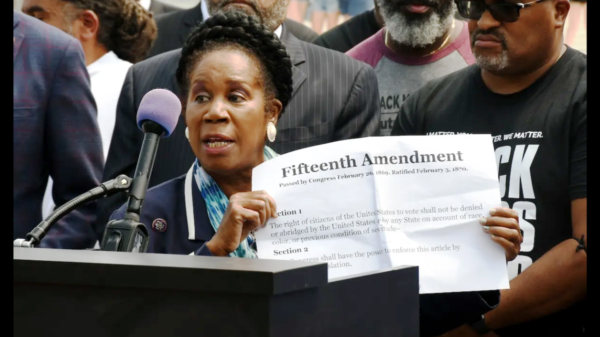
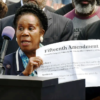
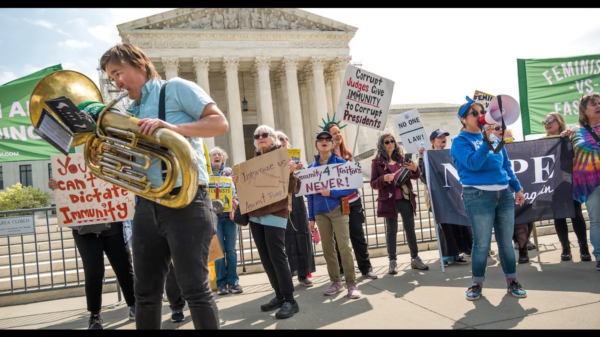
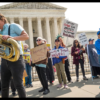
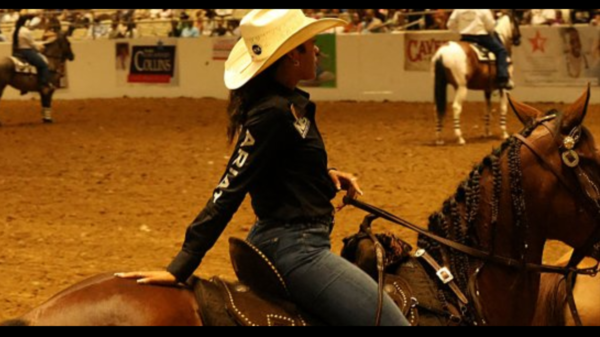

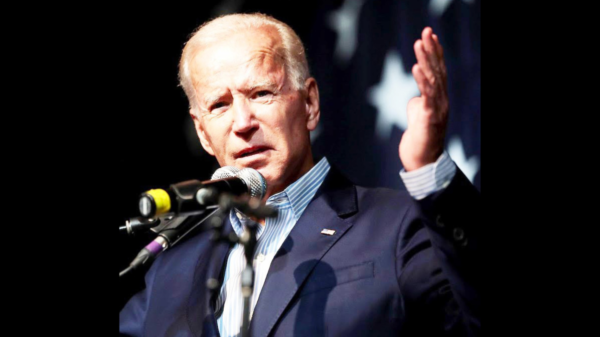
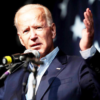
You must be logged in to post a comment Login